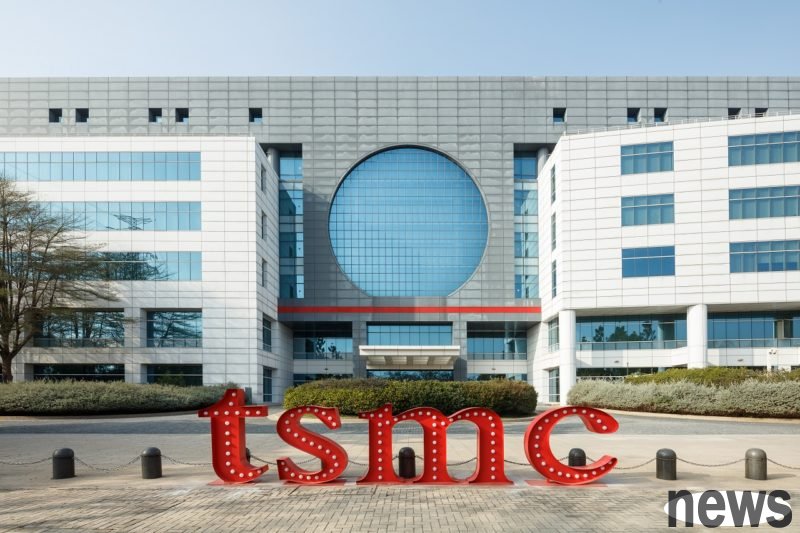
The demand for computing power in the artificial intelligence (AI) industry is increasing day by day, and the market is experiencing increasing competition between graphics processing unit (GPU) leaders such as NVIDIA and AMD, and customized ASICs (application specific integrated circuits) developed by large technology companies (Big Tech). However, in the face of technological competition in this battle between GPU and ASIC, TSMC, the world's leading foundry, expressed no worries and confidently declared that the company will always be the winner.
In fact, TSMC is clearly aware of the intensifying competition between GPU customers and ASICs. But for the Taiwanese wafer giant, this situation is not a problem because chip orders flow directly into the company "from both sides." TSMC has successfully played the role of "playing from both ends" in the market and has become a key link in the supply chain.
TSMC Chairman Wei Zhejia was asked about the source of chip demand at the recent third-quarter press conference. Wei Zhejia emphasized that both GPU and ASIC use cutting-edge technology. TSMC is working with customers, knowing they will experience strong growth in a few years. There is no difference for TSMC and all types of products are supported.
The current computing demand in the AI industry is rising rapidly. Although manufacturers such as NVIDIA and AMD are working hard to meet the requirements of large technology companies, the situation is still in short supply. This has prompted companies such as Amazon, Google and OpenAI to actively promote customized AI chips to ensure that they can reduce their dependence on GPU manufacturers and expand AI computing capabilities. Although ASICs are considered to be a possible threat to the market dominance of companies such as NVIDIA, the manufacturing process of these ASICs is inseparable from TSMC.
Almost all entities involved in the ASIC field are manufactured in TSMC. Google's latest TPU products, Ironwood and Trillium, were jointly developed with Broadcom and ultimately used TSMC to provide foundry services. Amazon’s Trainium AI chips also use TSMC. Microsoft Maia AI chips also use TSMC’s advanced manufacturing process. ASIC products from these technology manufacturers generally use TSMC N5 (5 nanometer) or lower processes and have been used for many generations. TSMC's advanced packaging production capacity is also tight.
No matter how the competition between NVIDIA/AMD and ASIC customers develops, it is not important to TSMC. It only fully demonstrates the extreme importance of TSMC and firmly acts as the central hub for all partners. TSMC also continues to expand its U.S. business and plans to introduce a 2-nanometer process at its Arizona plant. TSMC also uses Photomask Pellicles instead of costly High-NA EUV equipment to advance more advanced processes such as 1.4nm and 1nm.
Although there are market rumors that TSMC’s prices have increased, and Qualcomm and MediaTek are considering transferring some 2nm chips to Samsung, its position as an AI computing core manufacturer remains unshakable in the short term.
